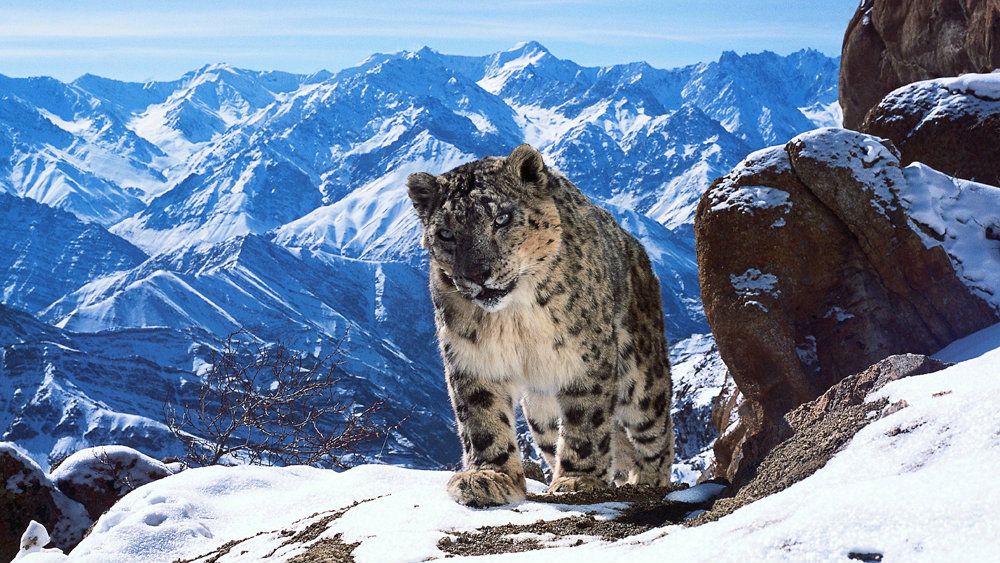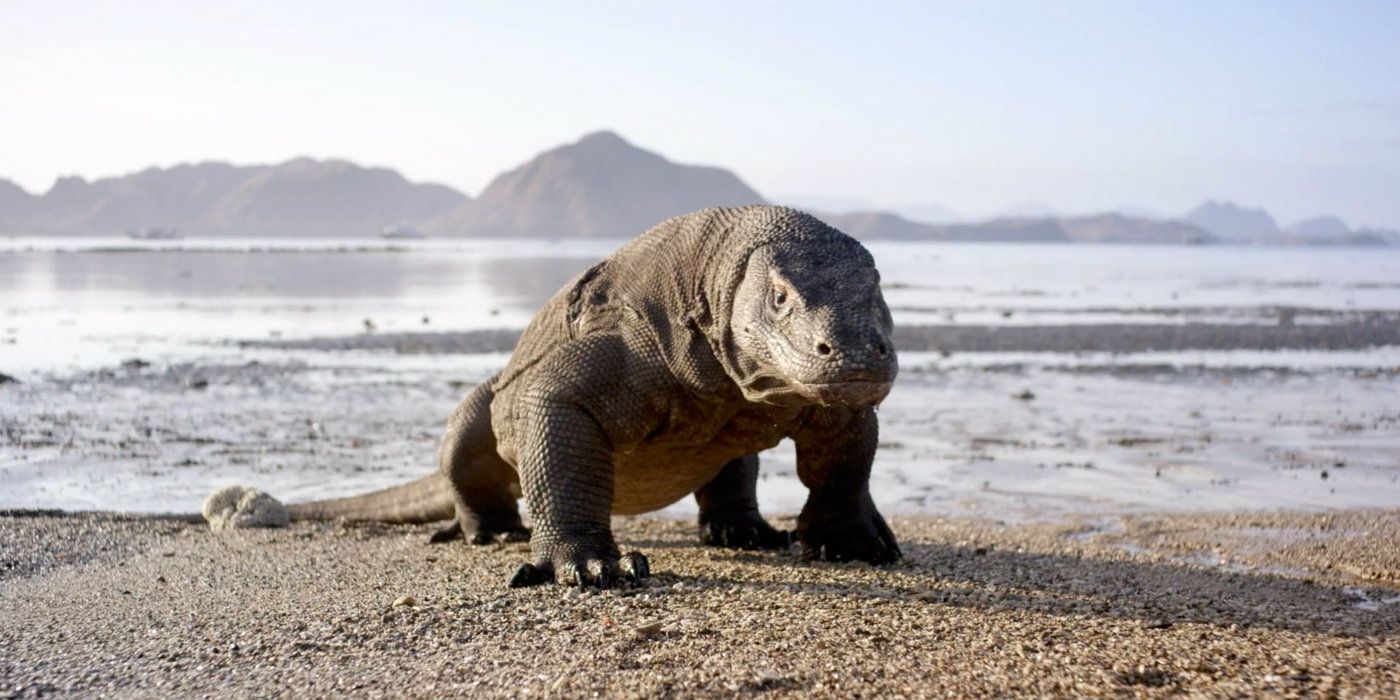Believe it or not, it's been a whole decade since Planet Earth first arrived on our screens. The stunning documentary from the BBC, narrated by Sir David Attenborough, was the first to be filmed in high definition and became the most expensive nature documentary series ever made. The cost was worth it though; Planet Earth gave a new perspective on the world in which we live, with stunning cinematography highlighting the beautiful, the brutal, the indescribable and the previously unseen elements of nature and animal behavior. Critically acclaimed, Planet Earth won an Emmy for Best Non-Fiction Series and a further three Creative Arts Emmys, all while it pulled in a global audience of over half a billion viewers.
Now Planet Earth II has arrived, making its debut on BBC1 to a very impressive audience of 9.2 million viewers. Once again, each episode of the show focuses on one specific area, with the premiere episode titled "Islands". This time, Planet Earth will also take a look at cities around the world, and how animal's behaviors have adapted for survival in the urban jungle. Attenborough once again narrates the whole series and the show began with him floating in a hot air balloon high above the Alps. No mean feat for a man of 90 years.
Planet Earth II has taken 3 years to make, filming in over 40 different countries and the advancements in technology since the first series aired has enabled the team to capture even more rare footage this time around, including seeing the nearly extinct Snow Leopard in its natural habitat. The Planet Earth team have traveled to the most extreme climates in order to find and film some of the rarest species around today, and the results are entirely worth it.
The first episode alone held a plethora of creatures for us to behold, from the endearingly cute pygmy sloth to the utterly-terrifying Komodo dragon. However, it was the sight of the racer snakes on the Galapagos Islands that really got social media buzzing. On a par with something out of a horror film, these snakes are possibly one of the most viscous and unpleasant creatures around, especially if you're a baby iguana.
While those of us in the U.K. can watch Planet Earth II each Sunday (starting last night, November 6), viewers in the U.S. have to wait a little while longer, unfortunately. The series doesn't air there until January 2017; but with such a detailed, awe-inspiring look at our planet and the creatures that inhabit it, it will be worth watching every episode when it arrives stateside.
Planet Earth II airs on Sundays at 8pm on BBC1 in the U.K., and begins airing on January 28 in the U.S. on BBC America.
Source: BBC


